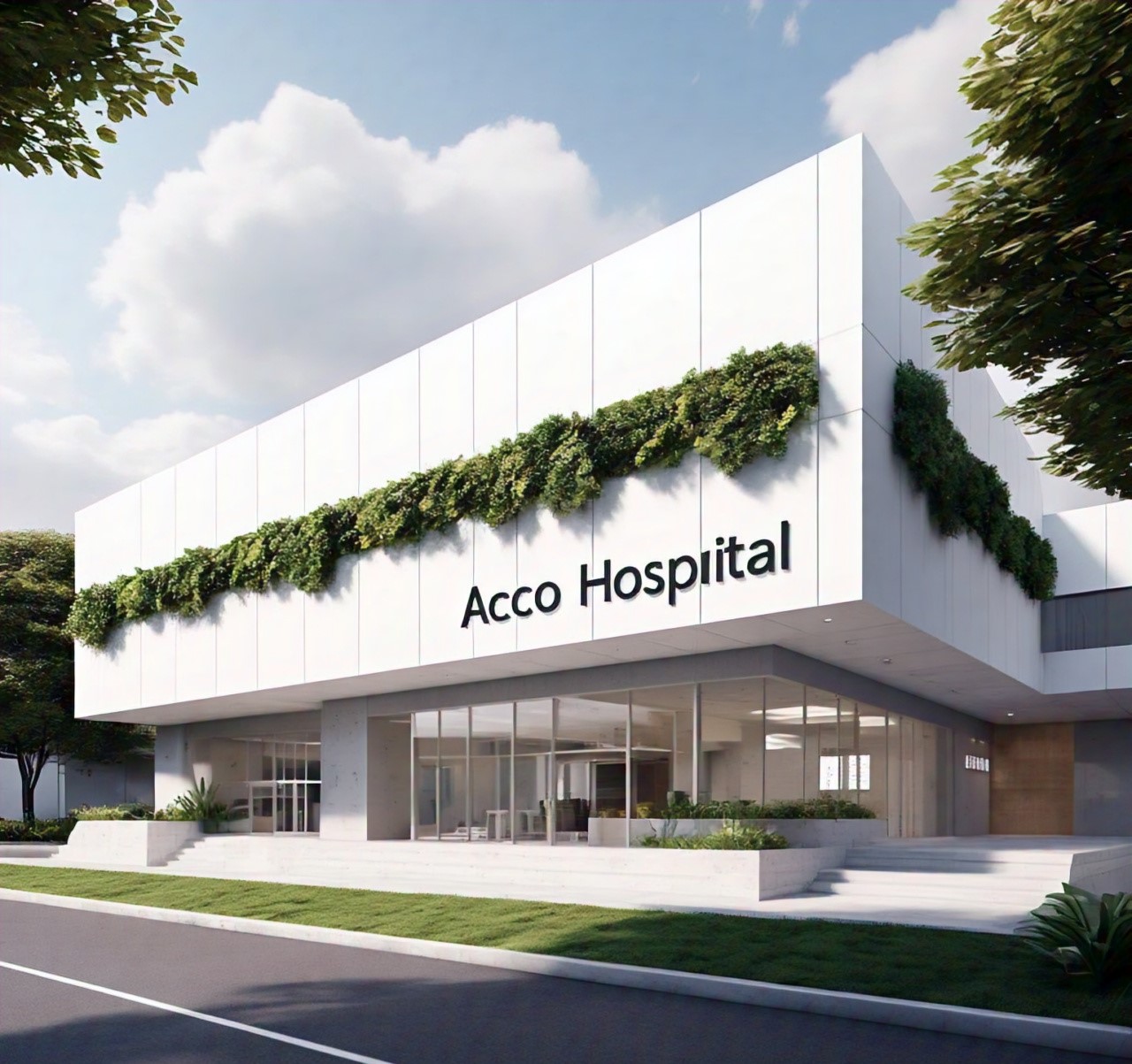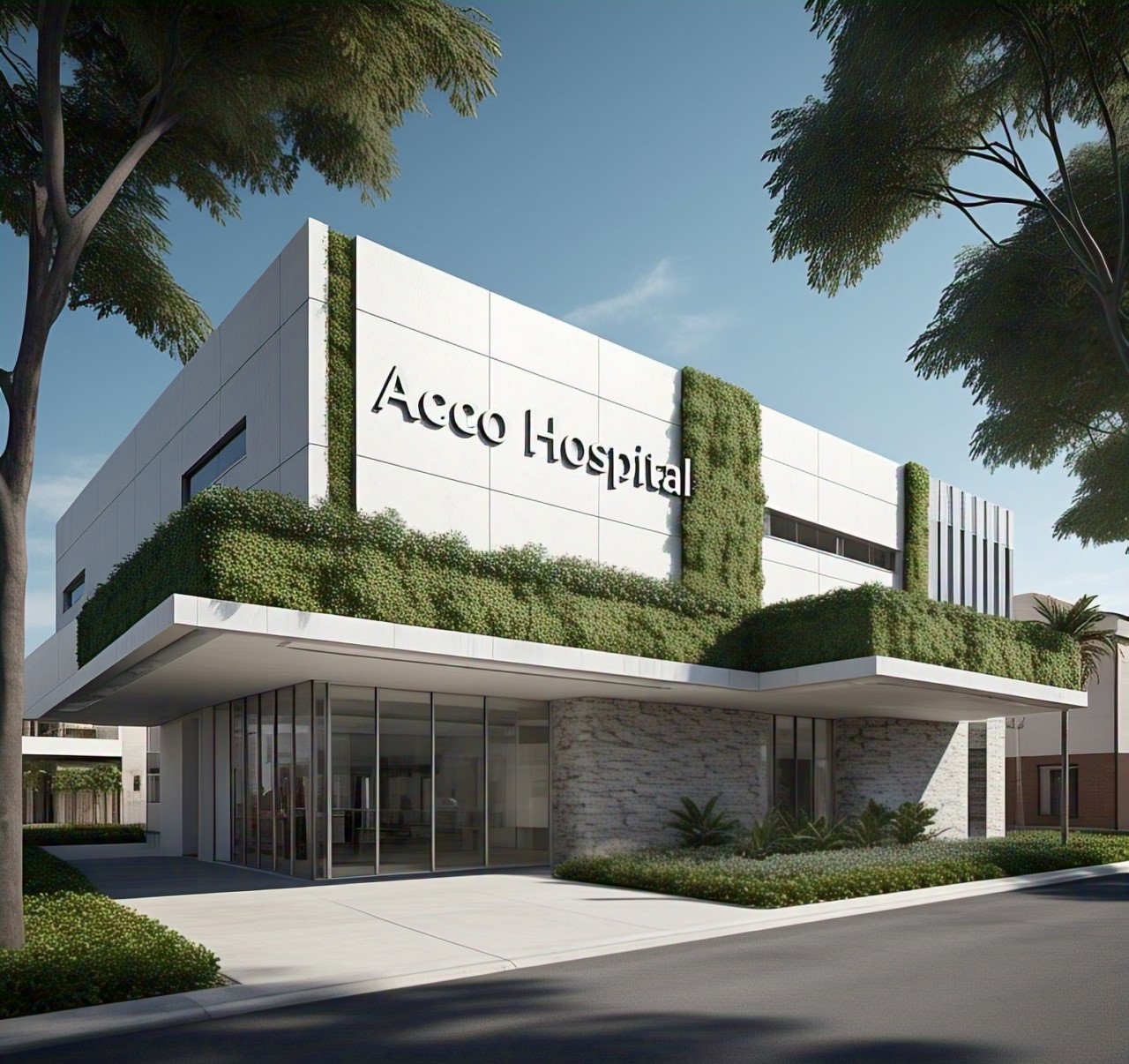
Kasur Hospital Design & Construction: A Blueprint for Modern Healthcare
Kasur, a rapidly growing city in Punjab, Pakistan, requires advanced healthcare infrastructure to meet the rising demands of its population. Designing and constructing a hospital in Kasur involves strategic planning, adherence to healthcare regulations, and the integration of modern medical technologies to ensure efficiency and patient comfort.
This article explores the essential aspects of hospital design and construction in Kasur, covering location selection, architectural considerations, compliance with regulations, and cost estimations.
Key Considerations in Hospital Design
A well-designed hospital ensures seamless operations, enhances patient care, and optimizes medical services. Here are the fundamental aspects of hospital design:
1. Site Selection & Accessibility
Choosing the right location for a hospital is crucial for its efficiency and accessibility. Key factors to consider include:
- Proximity to Major Roads & Public Transport: Ensuring easy access for patients and medical staff.
- Land Availability for Expansion: Allowing for future growth of the hospital.
- Infrastructure & Utilities: Availability of electricity, water, sewage, and internet services.
2. Architectural Design & Layout
A hospital’s layout should promote functionality and patient safety. Essential design elements include:
- Clear Zoning: Separation of emergency, outpatient, inpatient, and administrative areas.
- Natural Light & Ventilation: Improving patient recovery and reducing energy costs.
- Flexible Spaces: Rooms adaptable for multiple medical purposes.
- Efficient Wayfinding: Clear signage and navigation for easy movement.
3. Sustainable & Energy-Efficient Design
Incorporating sustainability features in hospital construction is beneficial for cost savings and environmental impact. Important elements include:
- Solar Panels: Reducing reliance on the national power grid.
- Rainwater Harvesting & Recycling Systems: Managing water efficiently.
- Eco-Friendly Construction Materials: Reducing the hospital’s carbon footprint.
Hospital Construction Requirements & Standards
1. Compliance with Healthcare Regulations
Hospital construction in Pakistan must follow guidelines set by the Pakistan Building Code (PBC), Pakistan Medical Commission (PMC), and World Health Organization (WHO). Key requirements include:
- Earthquake-Resistant Structures: Ensuring building safety in case of natural disasters.
- Fire Safety Systems: Installation of emergency exits, alarms, and firefighting equipment.
- Infection Control Measures: Proper ventilation, waste disposal, and sterilization areas.
2. Essential Medical Facilities & Departments
A fully equipped hospital in Kasur should include:
- Emergency Department (ED): Handling critical patients and trauma cases.
- Outpatient Clinics (OPD): Providing routine consultations and specialist care.
- Diagnostic & Imaging Center: Offering X-ray, MRI, CT scan, and ultrasound services.
- Surgical Theaters: Equipped for major and minor surgeries.
- Intensive Care Unit (ICU): Dedicated to critical patients requiring constant monitoring.
- Maternity & Pediatric Units: Specialized care for mothers and children.
- Pharmacy & Laboratory: Ensuring medicine supply and medical testing services.
3. Integration of Smart Hospital Technologies
Modern hospitals utilize digital technologies to enhance patient care and operational efficiency. Key innovations include:
- Electronic Medical Records (EMR): Enabling quick access to patient histories.
- Telemedicine Services: Allowing remote consultations and second opinions.
- Automated HVAC & Lighting Systems: Improving energy efficiency and climate control.
Cost Estimation & Funding for Hospital Construction
1. Estimated Budget for a Medium-Sized Hospital in Kasur
| Category | Estimated Cost (PKR) |
|---|---|
| Land & Infrastructure | 600M – 1.2B |
| Medical Equipment | 400M – 800M |
| Staffing & Training | 150M – 350M |
| Sustainability Features | 70M – 250M |
| Total Estimated Cost | 1.2B – 2.6B |
2. Potential Funding Sources
- Government Allocations & Public Sector Investment
- Private Sector & Healthcare Partnerships
- International Donor Agencies & NGOs
- Public-Private Partnerships (PPP)
Challenges in Hospital Construction in Kasur
Developing a modern hospital in Kasur comes with several challenges, including:
- Limited Financial Resources: Difficulty in securing funds for large-scale projects.
- Infrastructure Constraints: Unreliable electricity, water supply, and road networks.
- Regulatory Delays: Lengthy approval processes from authorities.
- Medical Workforce Shortage: Ensuring a steady supply of trained healthcare professionals.
Conclusion
Constructing a modern hospital in Kasur is a crucial step toward improving healthcare services for the local population. By incorporating sustainable building practices, advanced medical technologies, and efficient hospital layouts, a high-quality healthcare facility can be developed to meet current and future medical demands.
Investing in hospital infrastructure will not only improve patient care but also contribute to the overall health and well-being of the residents of Kasur.



